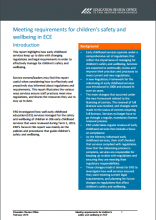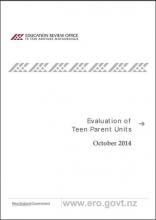Stewardship: informed decision making
At Manurewa Central School, the relationship between the principal and trustees is described in terms of how trust and confidence is built through effective listening and transparent reporting, interrogation and discussion of information.













